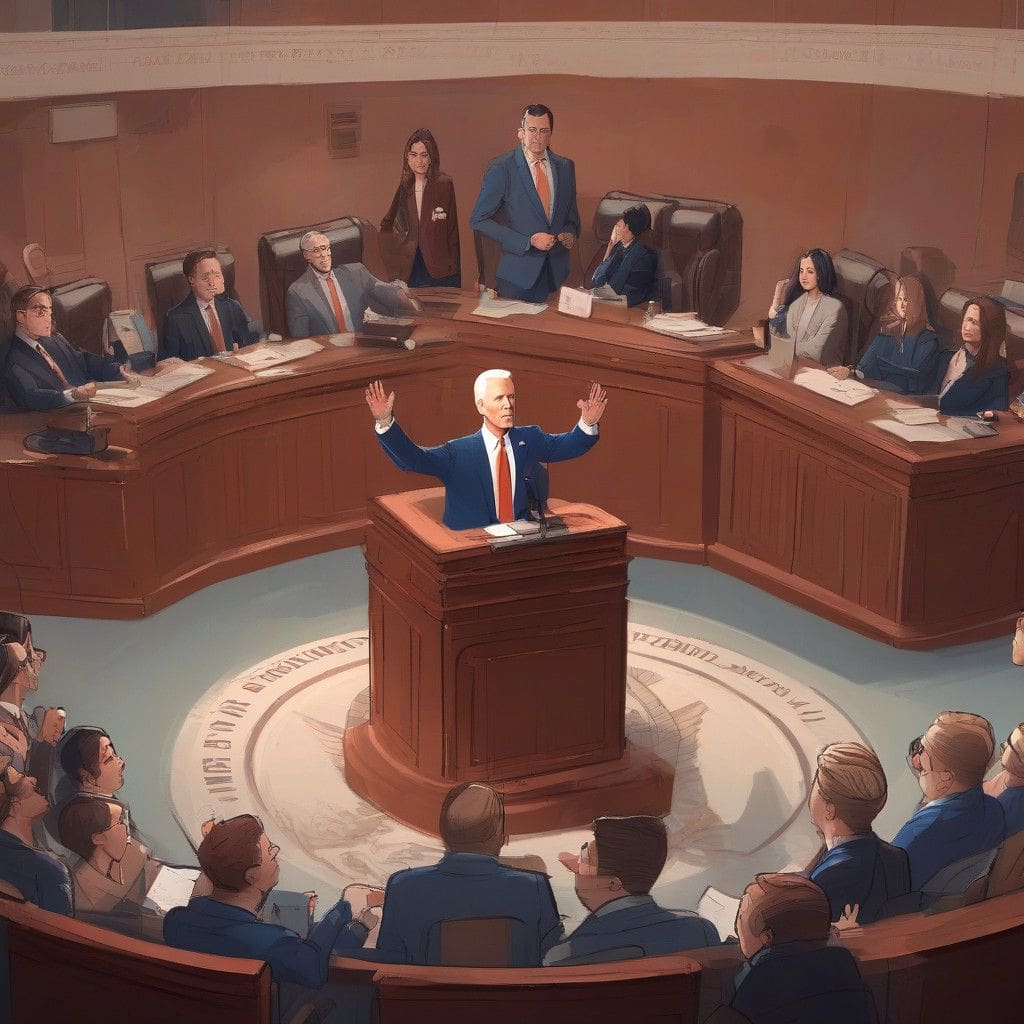In a pointed critique of the Biden administration, Republican Congressman Michael McCaul has raised concerns over the government’s lax approach to the Semiconductor Manufacturing International Corporation (SMIC), China’s largest semiconductor manufacturer. McCaul, who chairs the House Foreign Affairs Committee, has demanded an investigation into SMIC’s alleged production of chips for the sanctioned telecommunications conglomerate, Huawei, which has been under scrutiny by U.S. authorities for years.
In a recent letter addressed to the U.S. Commerce Department, McCaul emphasized the significant risks posed by SMIC’s advancements in semiconductor technology. He pointed out that the company is reportedly producing sophisticated chips employed in Huawei smartphones and plans to deliver AI processors intended for Huawei’s future initiatives. McCaul referred to these developments as a “smoking gun,” highlighting fears that these technologies could facilitate China’s ascendancy over the United States in the burgeoning field of artificial intelligence.
The essence of McCaul’s argument lies in the potential violations of export controls that have categorized both SMIC and Huawei as national security threats. The U.S. Commerce Department confirmed its receipt of McCaul’s letter, indicating that it has maintained a stringent policy regarding enforcement of export controls. SMIC has been on the restricted trade list since 2020, while Huawei has faced similar restrictions since 2019. Both companies have consistently denied engaging in any misconduct, and their legal teams have challenged the assumptions that their operations threaten U.S. security interests.
Despite the acknowledged restrictions, the momentum behind the accusations from McCaul is noteworthy. He underscored that unless the Commerce Department undertakes a comprehensive audit of SMIC, it should suspend the company’s operational licenses. This request underscores a growing frustration among some lawmakers who feel that the current administration has not acted vigorously enough to confront the challenges posed by China’s technological advancements.
The accusations were met with a swift response from the Chinese Embassy in Washington, which dismissed the criticisms as yet another indication of the U.S.’s overreach based on unfounded national security apprehensions. The Chinese government continues to assert that its companies operate within legal frameworks and insists that the U.S.’s approach continues to undermine international business norms.
This developing scenario highlights a broader geopolitical tussle over technological supremacy. The United States has long been wary of China’s growing influence in crucial technology sectors, particularly those that intersect with national security concerns. Lawmakers like McCaul are increasingly viewing issues surrounding semiconductor technology as pivotal to safeguarding America’s technological edge.
Moreover, the intersection of politics and technology is manifesting as both a strategic tool and a battleground. As countries race to secure dominance in AI and semiconductor manufacturing, actions taken against companies like SMIC may have extensive ramifications, extending beyond mere business operations. They embody broader strategies aimed at curbing China’s technological rise and ensuring that western nations retain their competitive advantages.
Additionally, the U.S. response to these developments is paramount. As imposed sanctions and trade restrictions have significant implications for global supply chains, corporations and governments worldwide are closely monitoring the situation. The delicate balance of ensuring national security while fostering international trade is a persistent challenge for policymakers in the current climate.
As it stands, the outcomes of McCaul’s inquiries and the Commerce Department’s subsequent actions could well determine the future of the U.S.-China relations, particularly in the high-stakes arena of semiconductor technology and artificial intelligence. The choices made today will have long-lasting repercussions in not only the tech industry but also in the geopolitical landscape.
To summarize, the escalating tension between the U.S. government and companies like SMIC represents a crucial moment for both national security and international trade relations. Lawmakers like McCaul are now faced with the challenge of balancing aggressive oversight with the diplomatic essentials required to navigate an intricate global economy.












